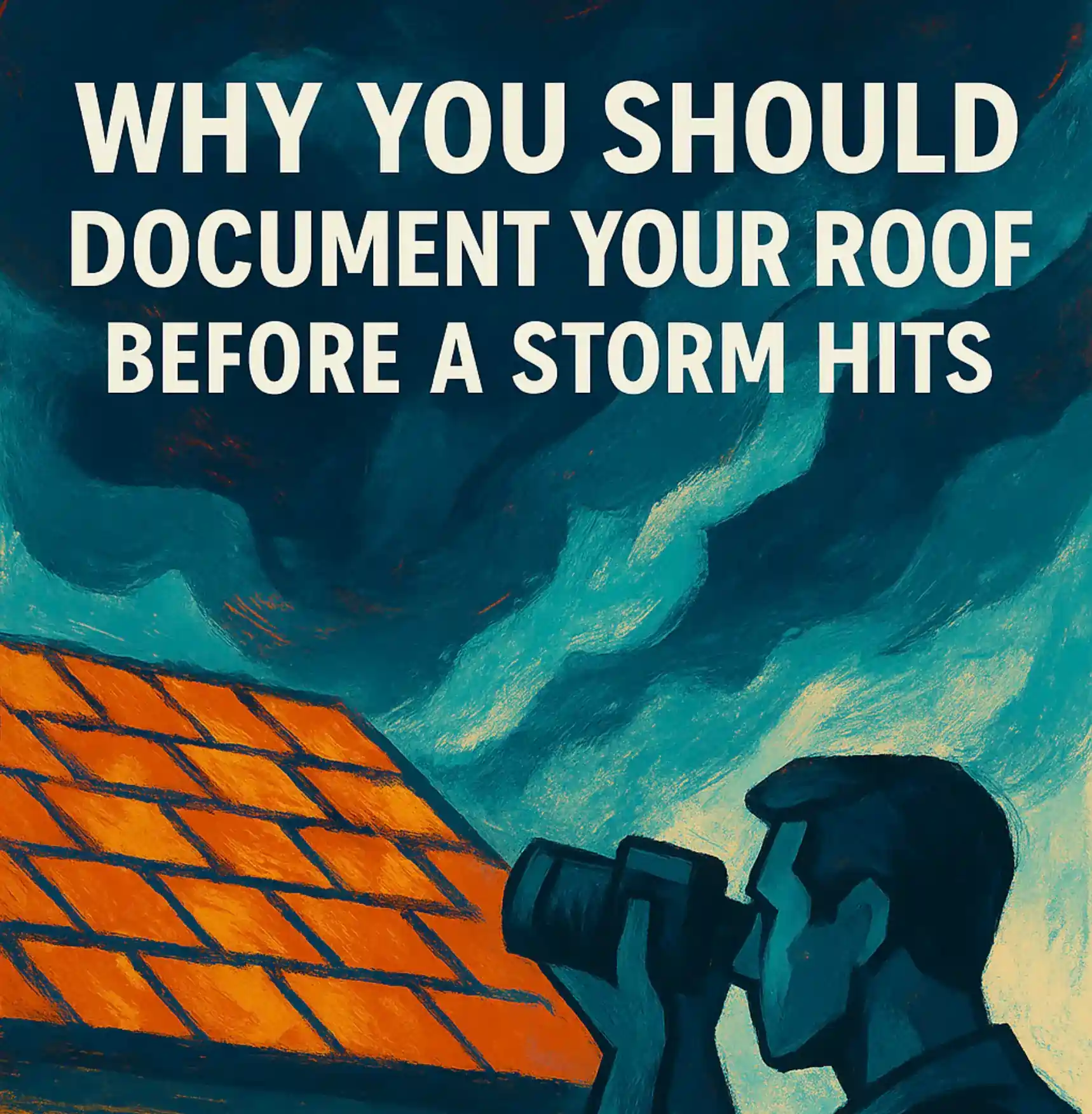Homeowner Alert: The Truth About Cheap Roofing Nails and Long-Term Roof Performance
Recently, the building departments in several Florida counties have issued notices to roofing contractors regarding the use of approved roofing nails. While some Sarasota-area roofers and nail manufacturers may cut corners to save money or increase sales, these shortcuts often come at the expense of your roof’s durability. Improper nails can lead to damage by leaving protruding wires after installation, which compromise the shingle’s performance and integrity.
This is not news to us—SonShine Roofing has warned about these practices for years. Many roofers prioritize the cheapest materials, including nails, which may seem like a cost-saving measure at first. But what homeowners may not realize is that using substandard nails can void your roof’s warranty.
The Fine Print in Your Roof Warranty
Roofing manufacturers often promote 30- or even 50-year warranties on their shingles. But here’s the catch: those warranties come with strict requirements regarding installation and materials. If your roofer uses inferior nails and the roof fails, you could be left footing the bill for a new roof—long before the warranty period is up.
Roofing warranties do not cover problems caused by improper installation. That includes nail failure. Even if your paperwork looks promising, if the roof was not installed according to the manufacturer’s guidelines, your warranty is null and void.
Why We Recommend Stainless Steel Nails
At Sonshine Roofing, we insist on using stainless steel nails to secure your shingles. They resist corrosion, stay in place, and meet or exceed Florida building codes. It’s part of our commitment to quality and long-term value.
We often say: “The only people who can afford a cheap roof are the ones who can afford to replace it again in a few years.”
A Simple Way to Identify Trustworthy Roofers
Want to know more about choosing the right roofing materials and installation methods? Contact us today or explore our blog on how cutting corners can void your warranty.













